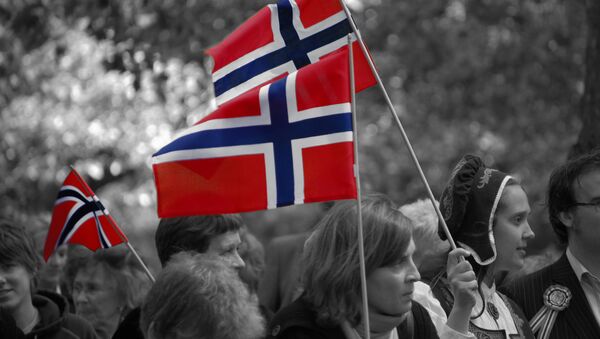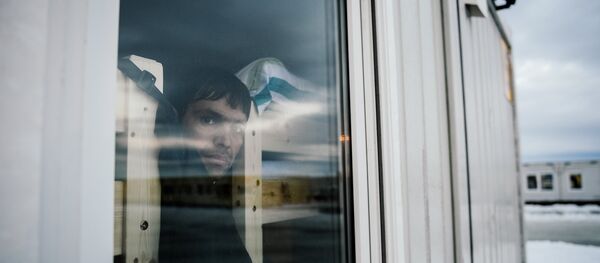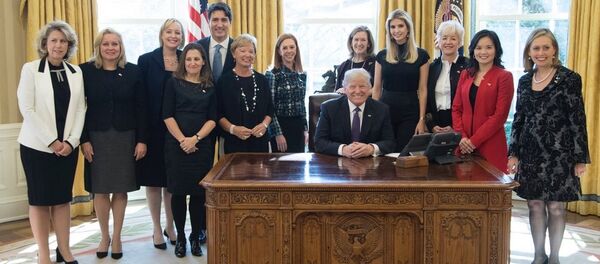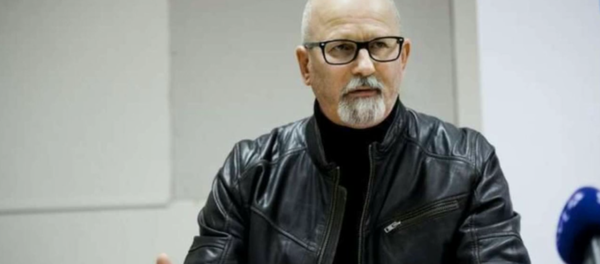"We have a positive nationalism here in Norway. We are a country that mobilizes great compassion both within and outside the country," Erna Solberg said, as quoted by Norwegian national broadcaster NRK.
However, it did worry some of her compatriots, including Øystein Sørensen, a professor of history at the University of Oslo.
In post-war Scandinavia, no one apart from neo-Nazis would accept being labeled "nationalist," since nationalism was in the people's psyche closely associated with Nazism, one of the biggest disasters in the world's history.
"'Nationalist' was hardly a compliment," Øystein Sørensen said, suggesting that high-ranking politicians previously used to be at pains to avoid this type of rhetoric.
"It is as if we haven't learned anything from history," Erik Oddvar Eriksen, stressing that the institutions that were built after WW2 (such as the UN and the EU) were established to specifically bind nations together and prevent nationalism.
According to Eriksen, nationalism was on the rise both in the United States, Europe and the world at large. At the same time, Eriksen found it curious that fellow Norwegians, who generally dislike US President Trump's "America First" rhetoric, are comfortable with manifestations of nationalism at home.
"If you put a lid on moderate forms of nationalism, you simultaneously open up for extreme nationalism," Tore Rafoss said, suggesting both Brexit and Trump's rise to power both were a popular negative reaction to the elite's pronounced internationalism.
Bård Larsen, a historian of the liberal think tank Civita, ventured that the very concept of nationalism may be re-evaluated to shed the historical negative implications.
"Maybe we could reinvent the concept in a positive way. This might prove necessary for cultural fellowship in a nation state," Bård Larsen said.
In a related case of state nationalism, Denmark recently adopted a controversial resolution, which became a major point of contention across the country. Amid a heated debate on what exactly constituted "Danishness," the Danish parliament adopted a resolution stating that Danes should not become a minority in neighborhoods in Denmark. Many found its wording unlucky as it denied immigrants and their children the opportunity to become "proper" Danes.
In recent years, conservative and right-wing parties have been rising in popularity across Scandinavia and are currently at the helm of both Norway and Denmark.
Never miss a story again — sign up to our Telegram channel and we'll keep you up to speed!






